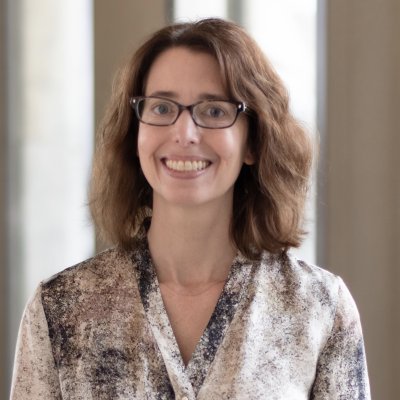Moriah Hampton

PhD, University at Buffalo
About
A graduate of the University at Buffalo’s English doctoral program with concentrations in Modernist Literature and Critical Theory, Moriah Hampton teaches in the Writing and Critical Inquiry Program and Honors College at UAlbany, including classes on Metamorphosis Tales and Short Fabulist Fiction.
She is both a critical and creative writer as well as a photographer, with interests in Modernist and contemporary literature and art, psychoanalysis, indigeneity, and ethics. Her fiction, poetry, photography, and critical writing have appeared or are forthcoming in Ponder Review, The Coachella Review, Hamilton Stone Review, Poetry South, Typehouse Magazine, Gargoyle Magazine, the quint and elsewhere.
Her photography has appeared in group exhibits at Artworks Gallery Workshop 13, Arts Center East, Main Street Arts and elsewhere. A 2024 Poet-in-Residence at Kristine Mann Library, she is also a contributor to the New York State Writers Institute, having conducted multiple interviews with contemporary creative writers, and serves as a fiction editor at Cleaver Magazine.
She has received fellowships through Soaring Gardens Artists Retreat, Martha’s Vineyard Institute of Creative Writing and UAlbany Initiatives for Women. Originally from the southeast, she is of Scottish and English descent and a Cherokee Nation Citizen since 2024.
Pronouns: She/her/hers
Research Interests
Modernist literature, psychoanalysis, ethics, fabulist fiction, creative writing, photography
Instruction & Advising
Courses
Course Description:
This class begins with you—with your interests, passions, preoccupations. What are you curious about? What do you want to learn more about? Prior students have shown interest in marine pollution, racial profiling, unrealistic beauty standards, low voter turnout, and other topics. Your interests will be the starting point for the individual inquiries we conduct together as a learning community.
We can liken inquiry to a journey we take without being guided by a map and without knowing our ultimate destination. This journey will take various forms, depending on you, the traveler, the terrain, the people you converse with along the way, and the sense you make of your experience. In other words, we cannot know at the outset what our journeys will be like or who we will meet along the way, but through inquiry we will travel to some new mental landscape, even if at times it seems we are roaming or turning in circles to get there.
Although our paths of inquiry will vary, our processes of inquiry will coincide. For this class, inquiry denotes the process of delving into a topic through writing so as to push beyond the limits of our own thinking to form a new perspective. Inquiry is not a process in which we deny who we are, what we think, and what we feel in pursuit of an objective perspective on our topics. Rather, inquiry hinges on the relation between ourselves and the topics we explore. To consider this relation requires self-awareness, openness, curiosity, persistence, and resilience, all mindsets we will cultivate together this semester. When we adopt these mindsets towards our topics, specifically towards the many diverse perspectives that make up knowledge about our topics, we are setting our inquiries in motion.
Whether our inquiries follow worn or uncharted paths depends on how we respond to barriers encountered along the way. In other words, it is entirely possible to go through this class holding the same perspective on our topics and leave unchanged. But to do so is to miss the opportunity to engage in genuine inquiry. Genuine inquiry necessitates that we recognize “cues” that might lead us to change our perspectives, such as feeling “dissatisfied,” “surprised,” or blocked while thinking and writing on our topics (Cronin & Loewenstein 129-156). Ignoring these and other “cues” restricts the paths our inquiries may follow, limiting our perspectives to what is already familiar, known. Instead, we will learn how to recognize the limits of our perspectives and welcome “cues” as opportunities to deepen our inquiries, perhaps leading us to reformulate what we knew at the outset. Whether our perspectives change through the process, whether we confront barriers such as cognitive biases, fixed mindsets, and emotional discomfort that restrict our paths, will determine our inquiries’ success.


